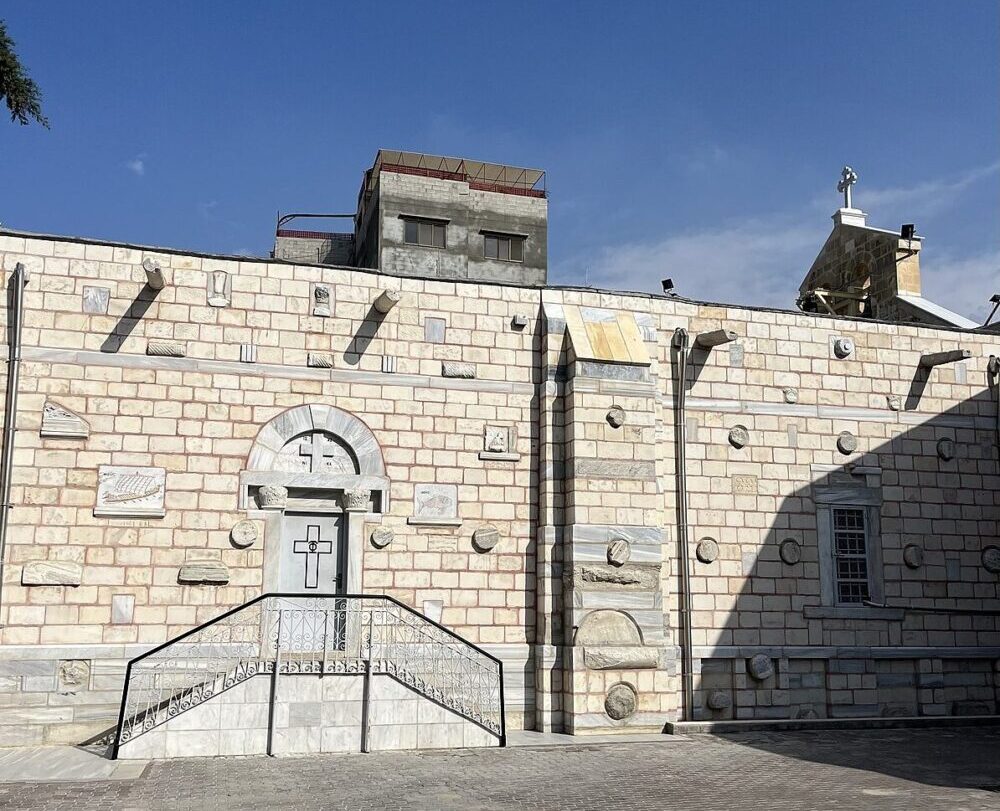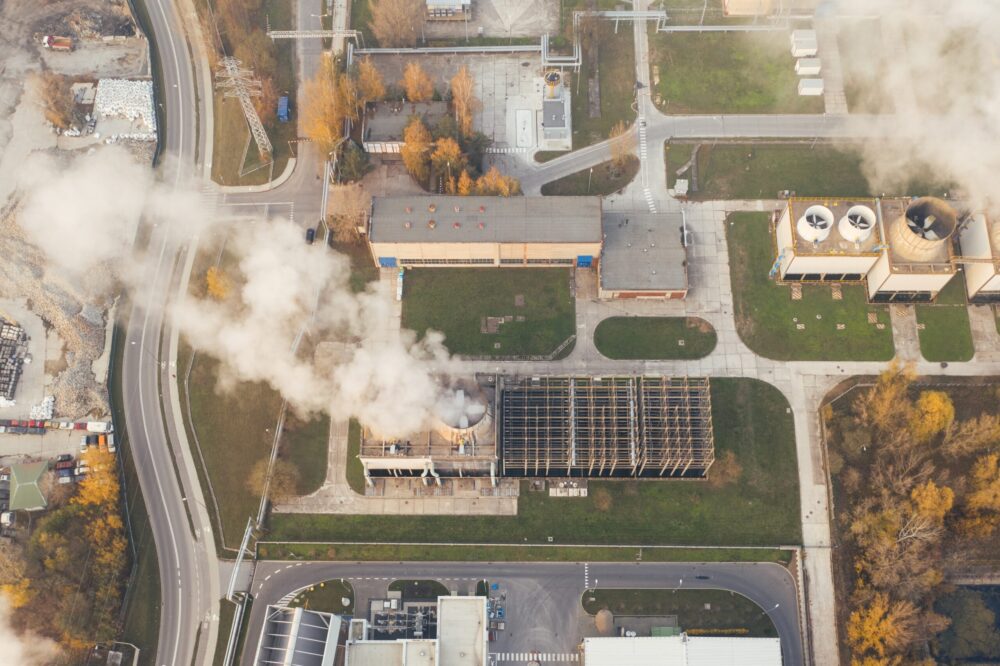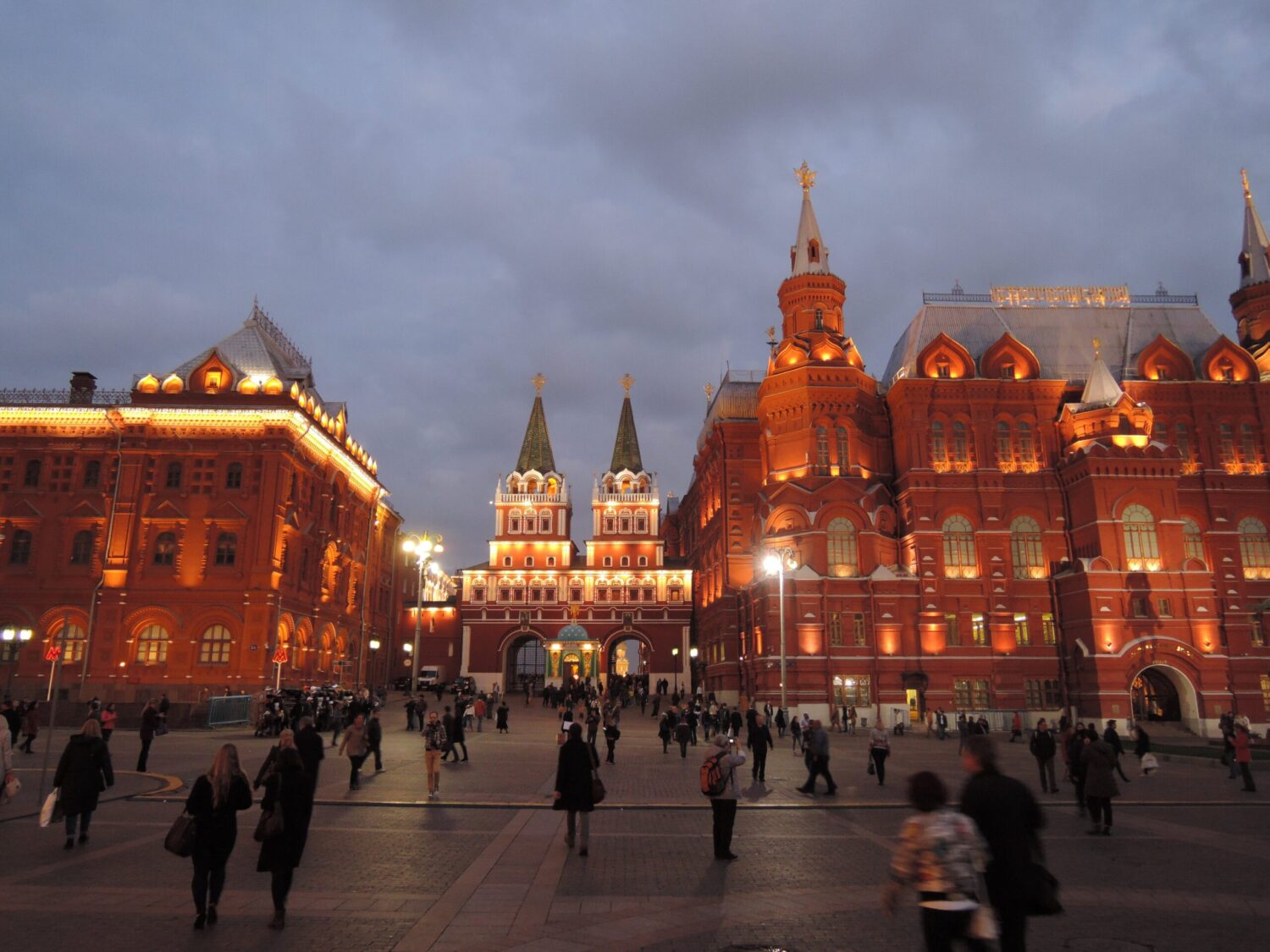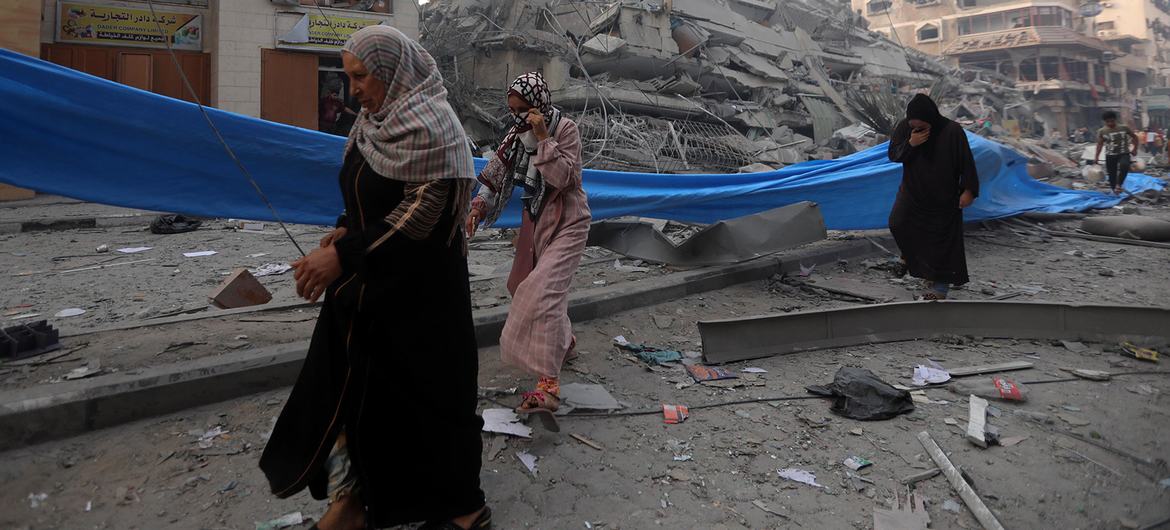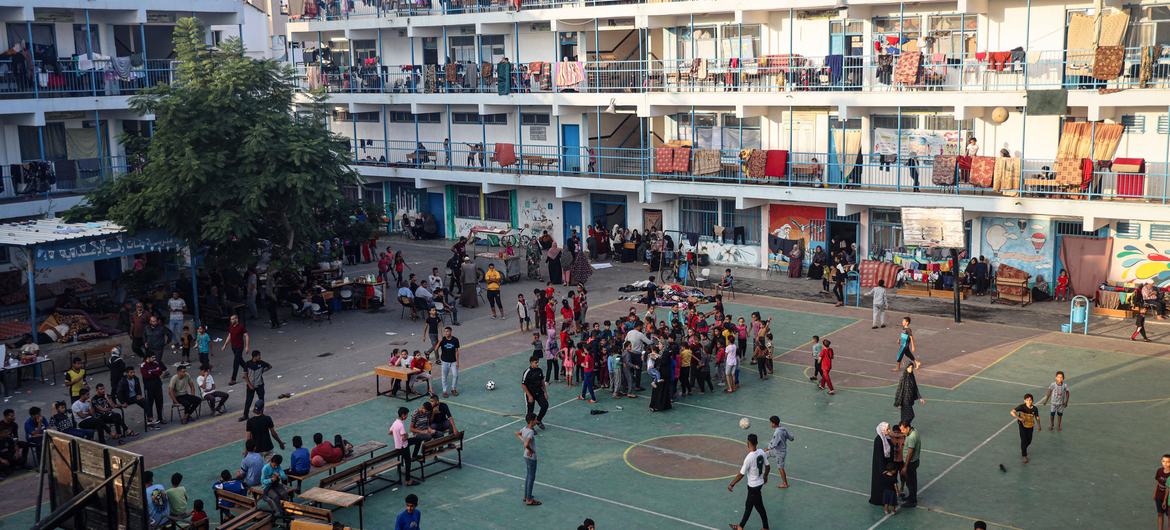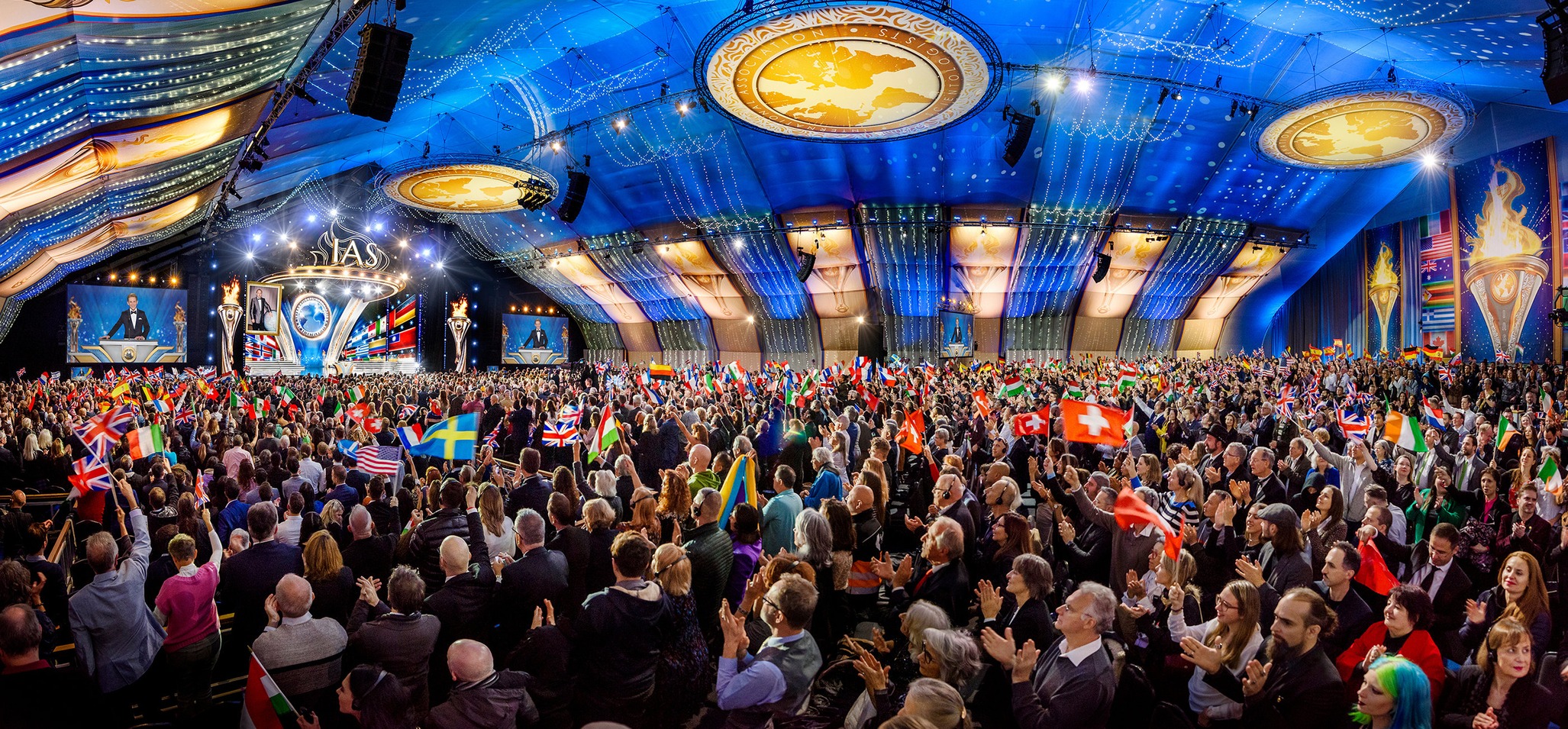Christian presence in peril, the majority of people of northern Gaza have been displaced as well as Christians, whose installations have also been targeted.
As the Israeli military advances further into Gaza City to eliminate Hamas, concerns are rising about the potential disappearance of Christians in the area amid a growing exodus of Gazans fleeing the northern territory, where innocent civilians have endured continuous Israeli bombardment for over a month.
Nashat Filmon, director of the Palestinian Bible Society, which serves Palestinians in Jerusalem, Gaza and the West Bank, recently informed Premier Christian News that the majority of people in northern Gaza have experienced displacement and that Christians, whose facilities have also been targeted, have found no safe refuge.
The Britain-based website, which reports internationally on news about issues affecting Christians, quoted Filmon in a November 10 article as saying that the Palestinian Bible Society “lost office space” and that two staff members are recovering from injuries sustained in an October 19 Israeli air strike on the Greek Orthodox Saint Porphyrius Church in Gaza City.
Hundreds of Palestinians of various faiths had taken refuge in the church, and 16 Palestinian Christians were among 18 people killed in the military strike.
“Their deaths made headlines across the globe,” the National Catholic Register stated in a November 15 article. However, the challenges faced by Gaza’s small Christian community have received limited attention, the article added, citing Israel’s intensified ground offensive in Gaza aimed at targeting Hamas fighters embedded in urban neighborhoods.
Gaza is currently home to some 1,100 Palestinian Christians, according to the Register article, which contained an interview with Samuel Tadros, a Middle East scholar who formerly was a senior fellow at the Center for Religious Freedom at the Hudson Institute in Washington, D.C.
Asked how Palestinian Christians have been treated under the rule of Hamas in Gaza since the Islamist group came to power in 2007, Tadros replied that the community encounters institutional bias and harassment, besides enduring attacks on its institutions and businesses.
“Throughout the Middle East, we’ve seen how these Islamist movements treat Christians,” Tadros pointed out, adding: “They may not want to exterminate Christians completely, as the Islamic State sought to do, but even the most ‘moderate’ Islamist governments view non-Muslims living in Muslim-majority lands as second-class subjects and not as equal citizens.”
As Christians continue to leave Gaza, taking advantage of a U.S.-brokered deal that permits daily four-hour pauses in the war to enable civilians to escape, there are concerns “whether, in the long term, there will be any Christian community left,” said Tadros, a Coptic Christian who is the author of the 2013 book, Motherland Lost: The Egyptian and Coptic Quest for Modernity.
Filmon shares the same worry. “I pray that this place would never turn into a museum where you come and say, Oh, Christ lived here,” the Palestinian Bible Society’s director remarked, adding: “But he doesn’t have any followers. What a shame!”



